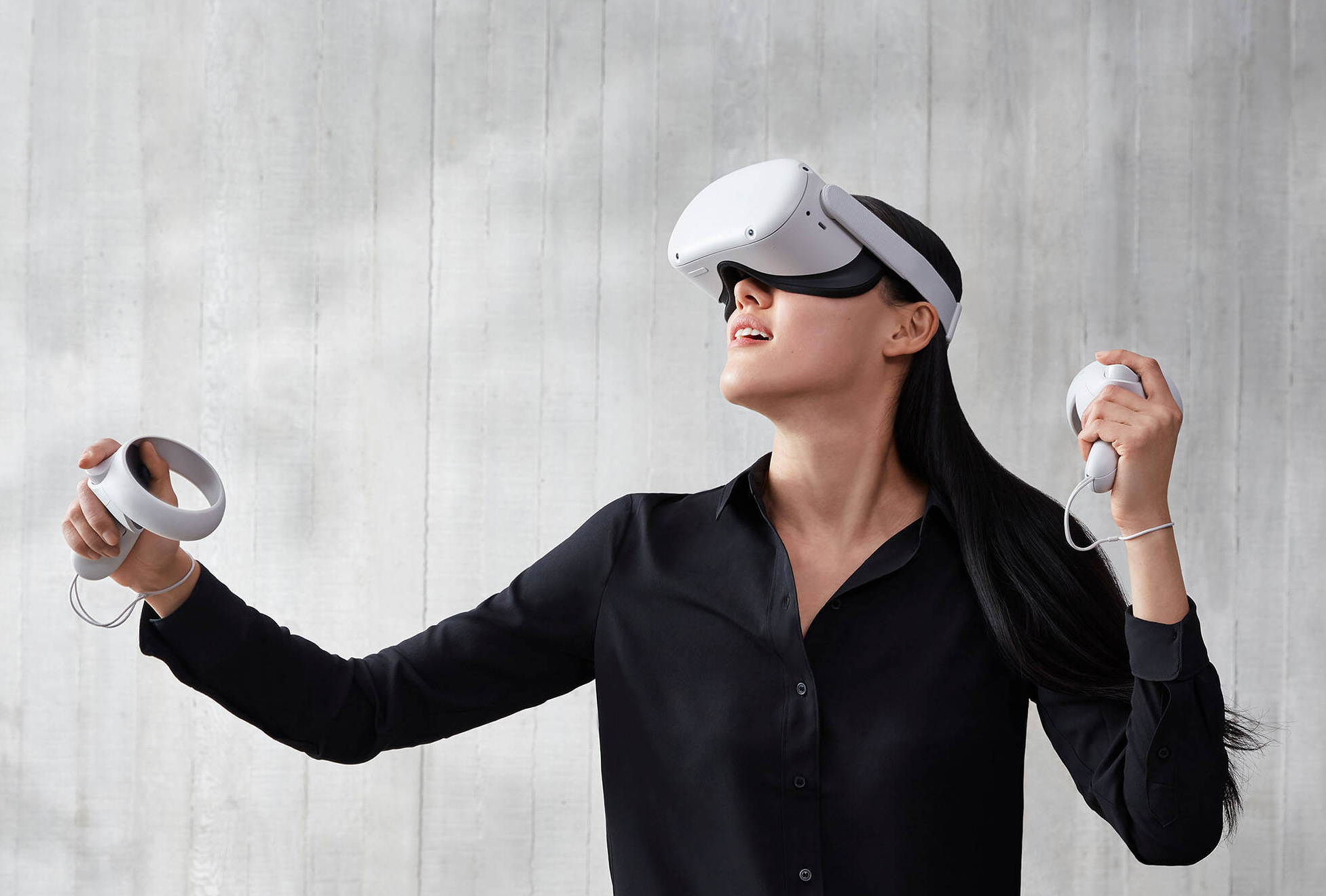Oculus Quest 2 could cause this injury, says researcher
'Gorilla Arm' could impact those who spend too much time on VR headsets like Oculus Quest 2

Update: The Oculus Quest 2 is set to get upgraded video recording features, which could be a big update for content creators.
If the Zuckerberg-imagined future of a VR-powered metaverse ever comes to pass, one researcher believes there could be an unfortunate consequence for humans: “gorilla arm”.
Jay Kim, an associate professor at Oregon State University’s Occupational and Biomechanics Research Laboratory explained the risks of frequent VR use to The Times. “When you are interacting with a desktop computer, you can adjust the monitor height and your extremities are being supported by your desk or your chair arms,” he explained. “However, when you are interacting with VR and AR, you usually stand up. Your extremities are rarely supported.”
As anybody who has spent any time with an Oculus Quest 2 will know, the typical VR experience involves keeping your arms raised and extended, and that appears to be the main cause of the problem.
“That can increase the shoulder strain in a way that’s different from conventional work stations,” Kim explained. “By sticking your arms forward far away from your body, that creates shoulder strain that’s called gorilla arm syndrome.”
Kim is not the first researcher to reach this conclusion, but his concerns go beyond gorilla arm syndrome. Kim and other scientists from the Northern Illinois University recruited 20 men and women to perform simple VR tasks to see what possible unforeseen consequences a metaverse-style workspace could have.
The conclusion? More muscle effort, and possible concern of the weight of VR headsets for shoulders and neck.
Sign up to get the BEST of Tom's Guide direct to your inbox.
Get instant access to breaking news, the hottest reviews, great deals and helpful tips.
Is VR really unsafe?
I’m no scientist, but I can’t see this being a serious concern in the short or long term. In the here and now, not even the most enthusiastic VR fans spend enough time in virtual reality for repetitive muscle strain to be a real issue.
The Oculus Quest 2’s battery only lasts three hours, and I’ve never used it long enough for it to go through all that in one sitting. This isn’t comparable to carpal-tunnel syndrome from excessive keyboard and mouse usage, as the time spent in VR simply isn’t on the same scale.
Theoretically Mark Zuckerberg’s ambitious vision for the metaverse could lead to a situation where these concerns are real, but A) It’s a big ‘if’ as to whether that happens, and B) Even if it does, we’re years away from it becoming the norm, and VR headsets will get lighter to make the worry about weight less of a factor.
Which isn’t to say that virtual reality is without its risks, as subscribers to the VR to ER subreddit will well know. Suffice it to say, despite the clever use of virtual safezones, it’s still very easy to damage both your hand and a TV screen with a misplaced punch…
Freelance contributor Alan has been writing about tech for over a decade, covering phones, drones and everything in between. Previously Deputy Editor of tech site Alphr, his words are found all over the web and in the occasional magazine too. When not weighing up the pros and cons of the latest smartwatch, you'll probably find him tackling his ever-growing games backlog. Or, more likely, playing Spelunky for the millionth time.

